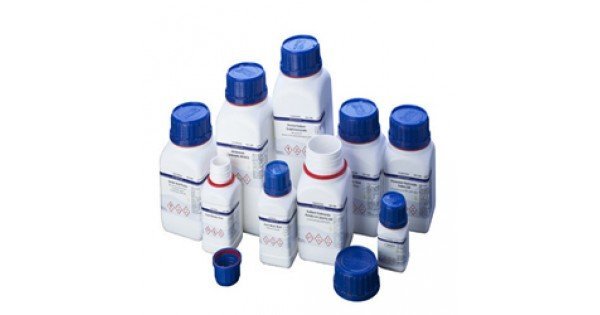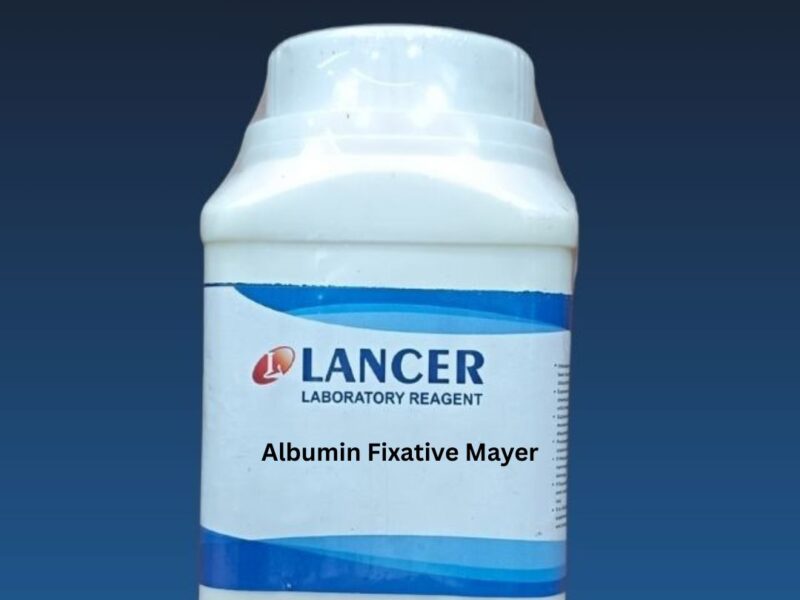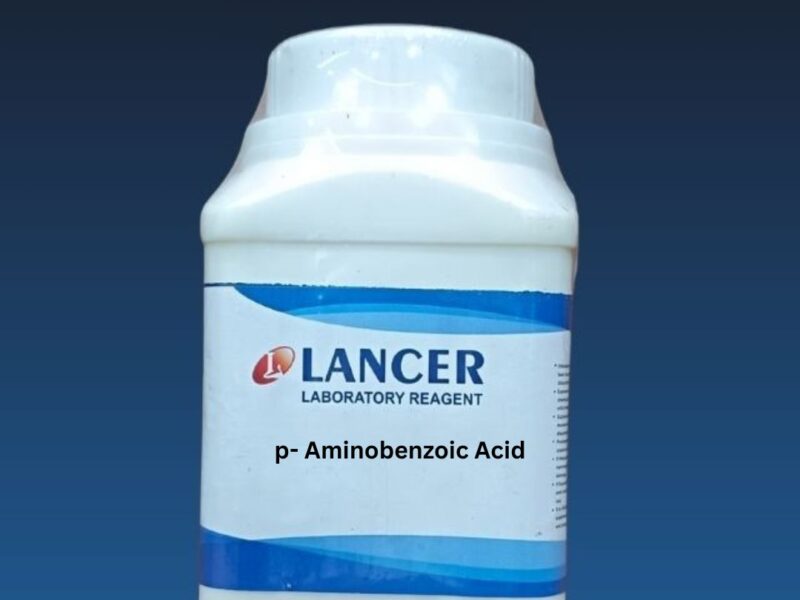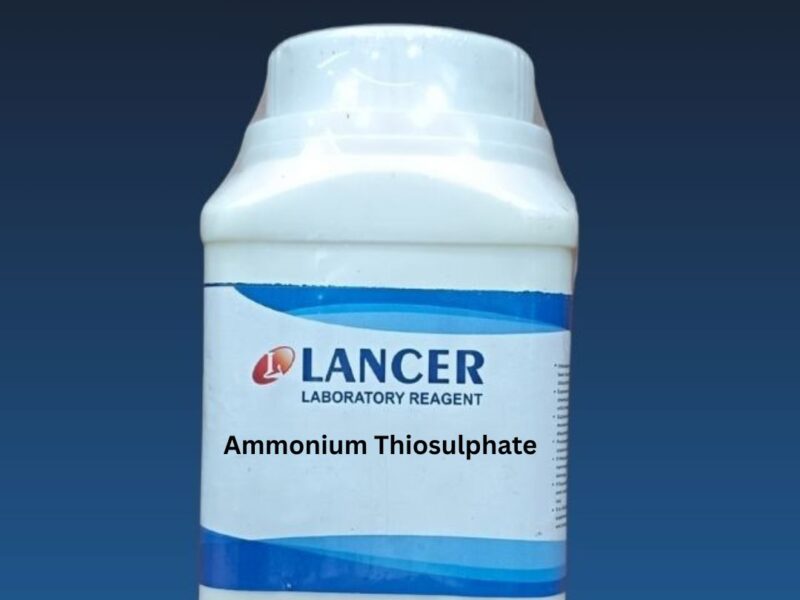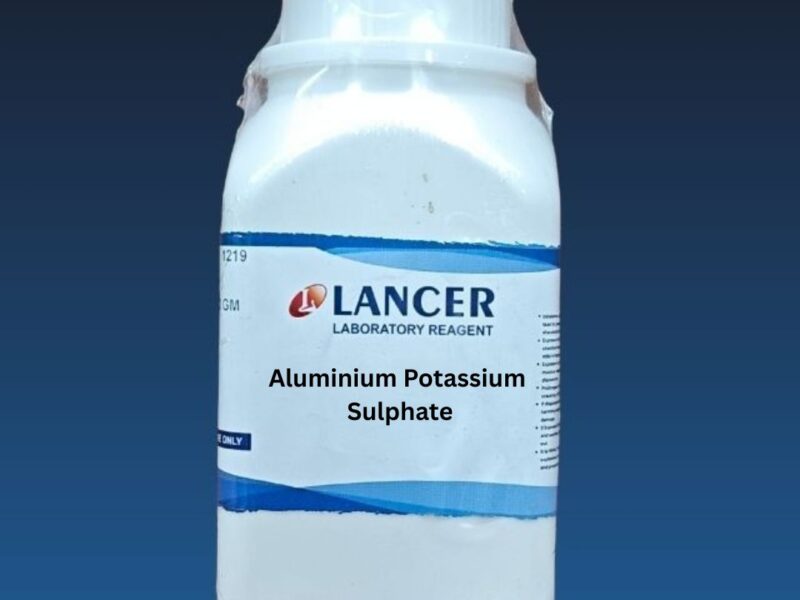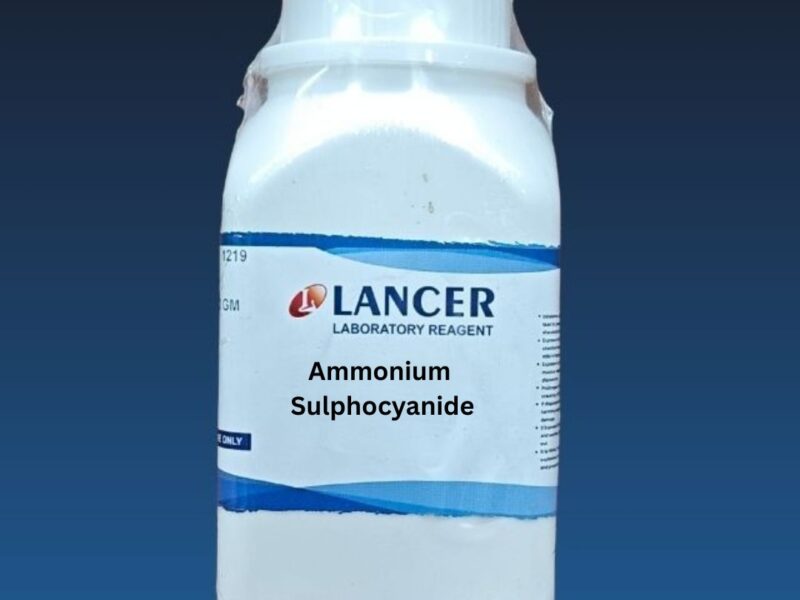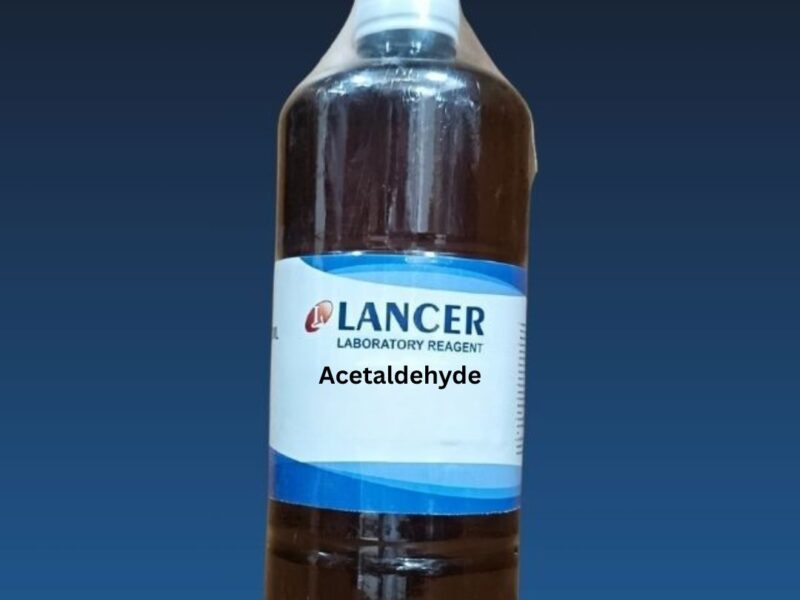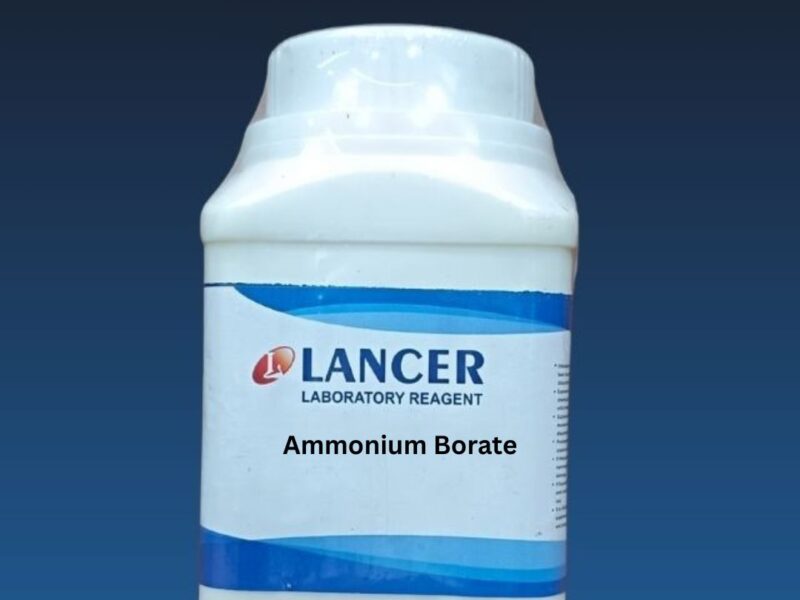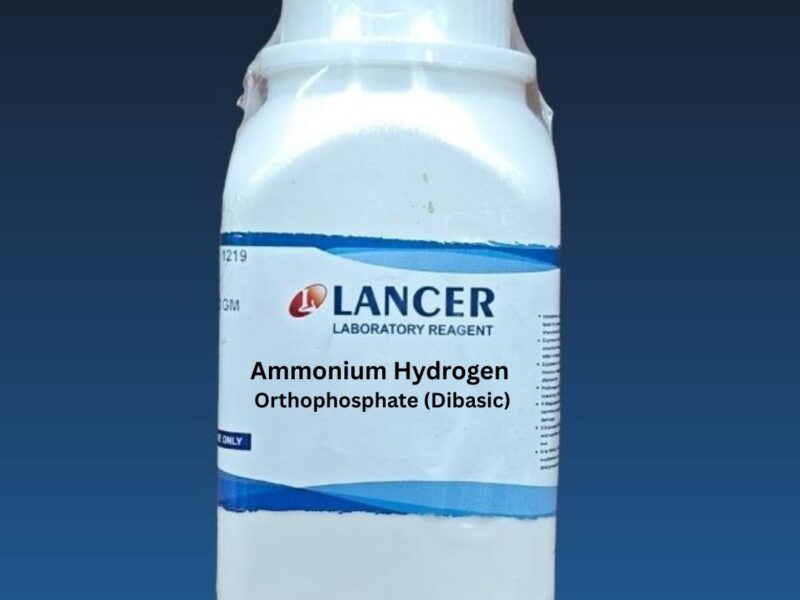Description
Specifications Table
Product Name – 1,4 – DIAZABICYCLO (2.2.2) OCTANE 98% For Synthesis
Quantity/Pack Size – 100 g, 500 g
Form – Solid (Crystalline Powder)
Grade – For Synthesis
Application – Organic synthesis, polymerization, catalytic reactions
Product Overview
1,4-Diazabicyclo[2.2.2]octane (DABCO) 98% is a high-purity, crystalline organic compound widely used in laboratory settings for its strong basicity and nucleophilic properties. This synthesis-grade chemical serves as an efficient catalyst in polymerization reactions, particularly in the production of polyurethanes and epoxy resins. Its bicyclic structure provides stability, making it suitable for applications requiring controlled reactivity. DABCO 98% is also employed as a phase-transfer catalyst and in the synthesis of complex organic molecules. The compound is hygroscopic, so proper storage in a dry, airtight container is recommended to maintain its integrity. With a melting point of approximately 158°C, it remains stable under standard laboratory conditions. This product is ideal for researchers and chemists seeking a reliable reagent for precise chemical transformations.
FAQs
1. What is the chemical structure of DABCO?
DABCO, or 1,4-Diazabicyclo[2.2.2]octane, features a bicyclic structure with two nitrogen atoms bridging three ethylene groups, forming a cage-like arrangement.
2. Is DABCO 98% soluble in water?
Yes, DABCO is highly soluble in water and polar organic solvents like ethanol and methanol due to its basic nature.
3. Can DABCO be used as a base in organic synthesis?
Absolutely, DABCO is commonly used as a non-nucleophilic base in organic synthesis, particularly in reactions requiring mild basic conditions.
4. What precautions should be taken while handling DABCO?
Wear protective gloves and goggles, as DABCO can cause skin and eye irritation. Store it in a cool, dry place away from moisture.
5. Does DABCO have any known incompatibilities?
DABCO reacts with strong oxidizing agents and acids, so avoid contact with such substances to prevent hazardous reactions.

